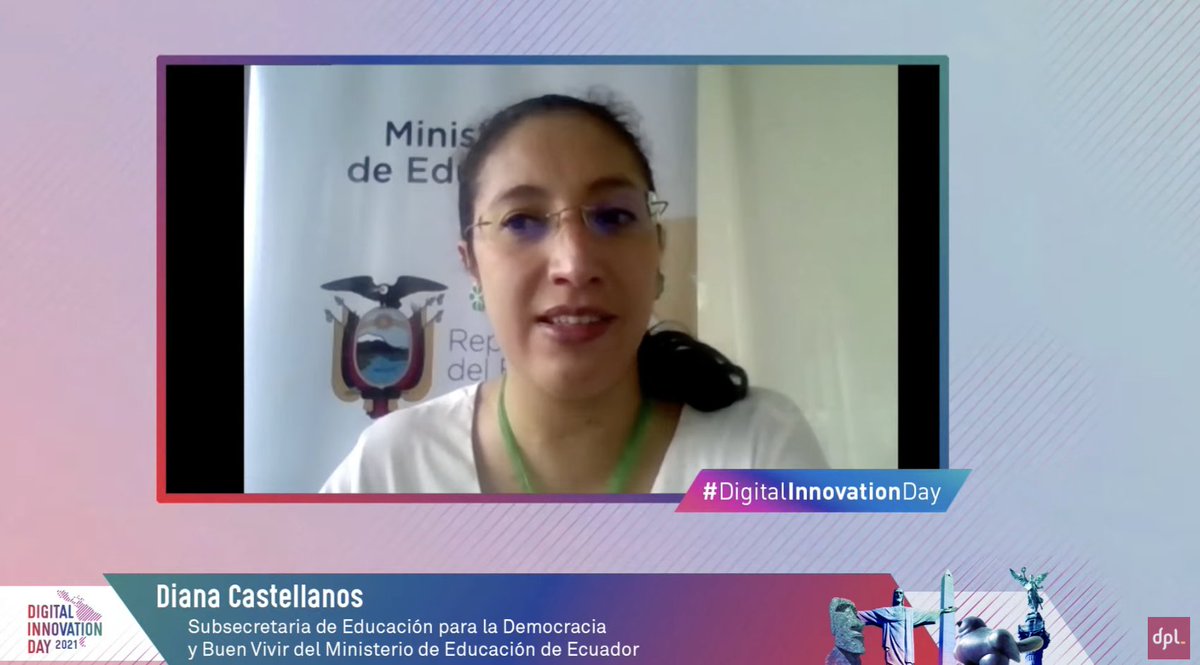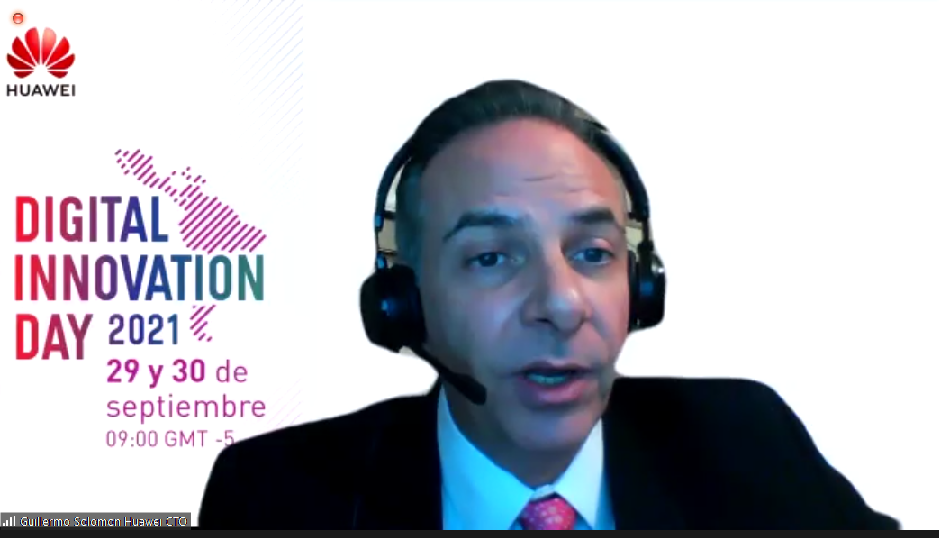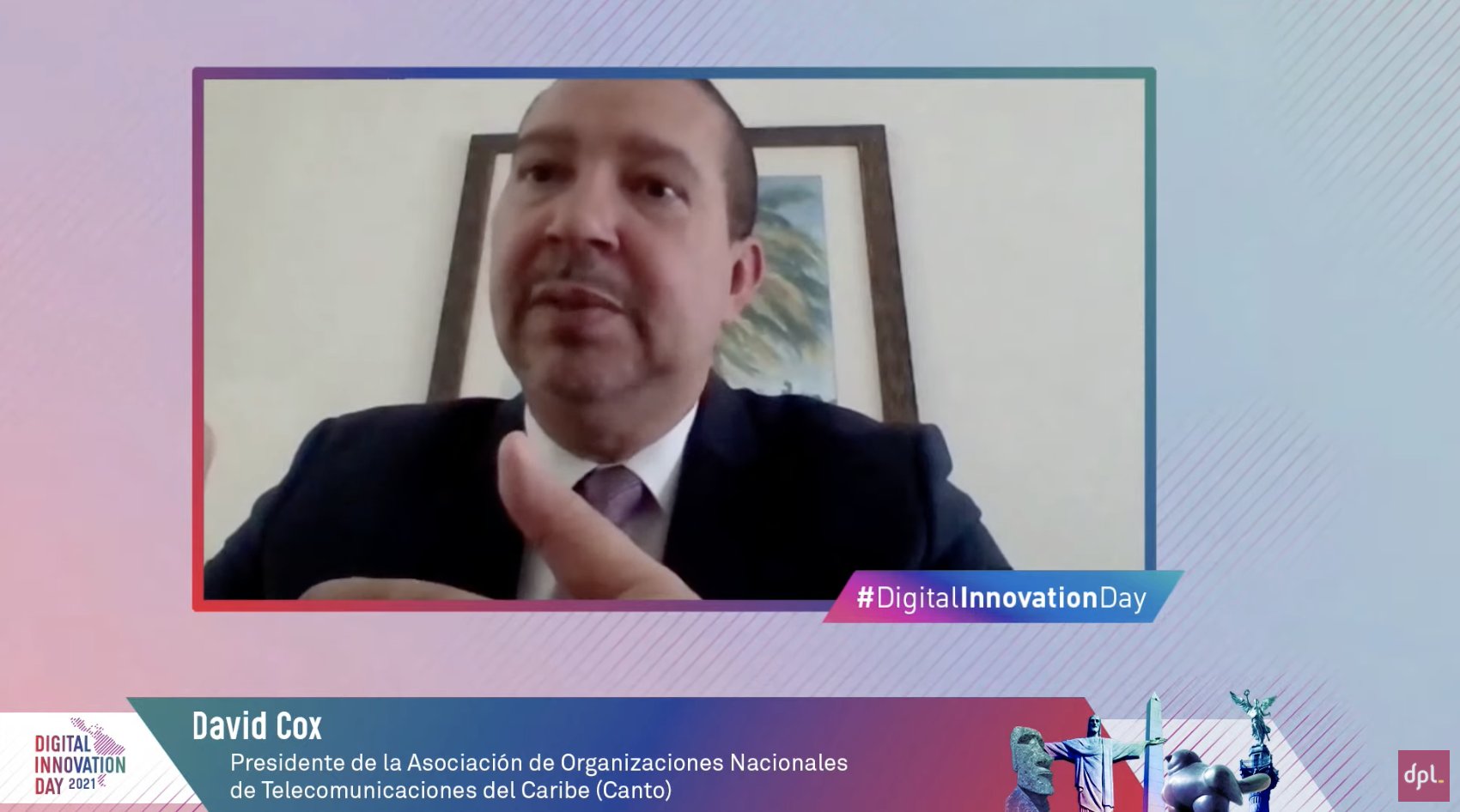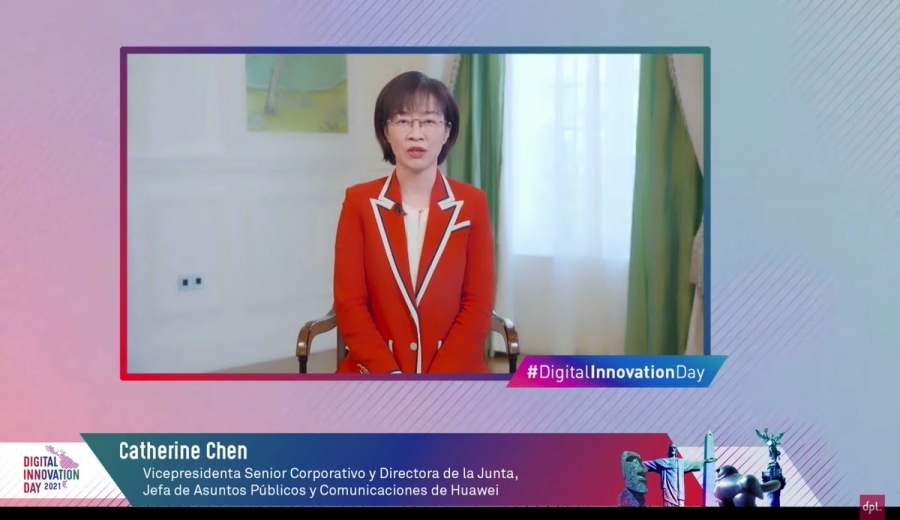The findings are based largely on insights from studies conducted by Huawei and research by industry observers and analysts, such as Boston Consulting Group (BCG) and others.

Talent is one of the main barriers to growth in the innovation economy driven by explosively transformative digital technologies, according to the results of a BCG survey of 1,775 managers and executives in the ICT sector.
"According to the research, the scope and quality of a country's digital talent pool appears to be the key factor in enhancing the growth of a country's innovation ecosystem. In addition, a proactive government and an effective private sector are also essential to a roadmap for the development of the digital economy", said Andrew Williamson, vice president of Public Affairs at Huawei Technologies.
Data shows that the digital economy has been steadily growing faster than the traditional economy for several years. The COVID-19 pandemic has only greatly accelerated this digital transition. For many small and medium-sized enterprises, it has been "go digital or go dark".

Infrastructure such as fixed broadband, mobile broadband and cloud computing have become crucial to economic performance. By 2030, 5G is expected to contribute between 2 and 5 percent of global Gross Domestic Product (GDP), AI will contribute around 15 percent, while IoT will contribute between 12 and 15 percent. Blockchain is expected to contribute around 4 percent.
"The convergence of technologies such as networking, artificial intelligence and cloud will produce explosive growth in the digital sector, and we also see these technologies joining forces with technological advances in the renewable energy sector", said César Funes, vice president of Public Affairs, Huawei Latin America and the Caribbean.
Some governments are putting digital at the center of their economic growth recovery programs and as drivers of long-term national productivity growth. The European Union, China and South Korea plan to provide substantial fiscal support for investment in digital infrastructure and new economic sectors such as the algorithmic economy, new energy and digital healthcare.
Williamson also highlights how countries such as South Africa, Brazil and Thailand implemented supportive policies and regulations to facilitate digital connectivity for those who needed it most during the pandemic.
The research framework builds on BCG's broad observations that digital adoption leads to digital innovation, which forms an upward virtuous cycle of digital economic expansion.
However, this must be supported by a dynamic private sector and an ideal business environment. But according to the digital success stories recorded in the research, the market alone cannot solve this. A proactive government supporting and participating in all of the above was also seen as of paramount importance.

"The three challenge areas of inadequate digital infrastructure, lagging SME adoption and talent gaps were by far the most commonly identified as problem areas across all countries in the study. By extension, these are likely to be the same problems across all national digital pathways. For any government that is constrained by resources and competing priorities, we suggest that focusing on these three areas first can go a long way toward driving additional beneficial innovation backed by enlightened governance", said Williamson.
Policymakers, industry executives and analysts participating in the Latin America and Caribbean edition of Digital Innovation Day 2021 called for joint efforts by establishing proactive national digital strategies and offering support for industries to adopt digital technologies and grow local talent pools.
"If we want an optimistic vision to become a reality in terms of digital transformation and innovative growth, we must act in terms of policy, infrastructure and talent. In some of these areas, we need joint efforts from both the public and private sectors. Both play very important roles", said Michael Chen, Huawei's Director of Corporate Communications for Latin America and the Caribbean.
 English
English  Español
Español 
